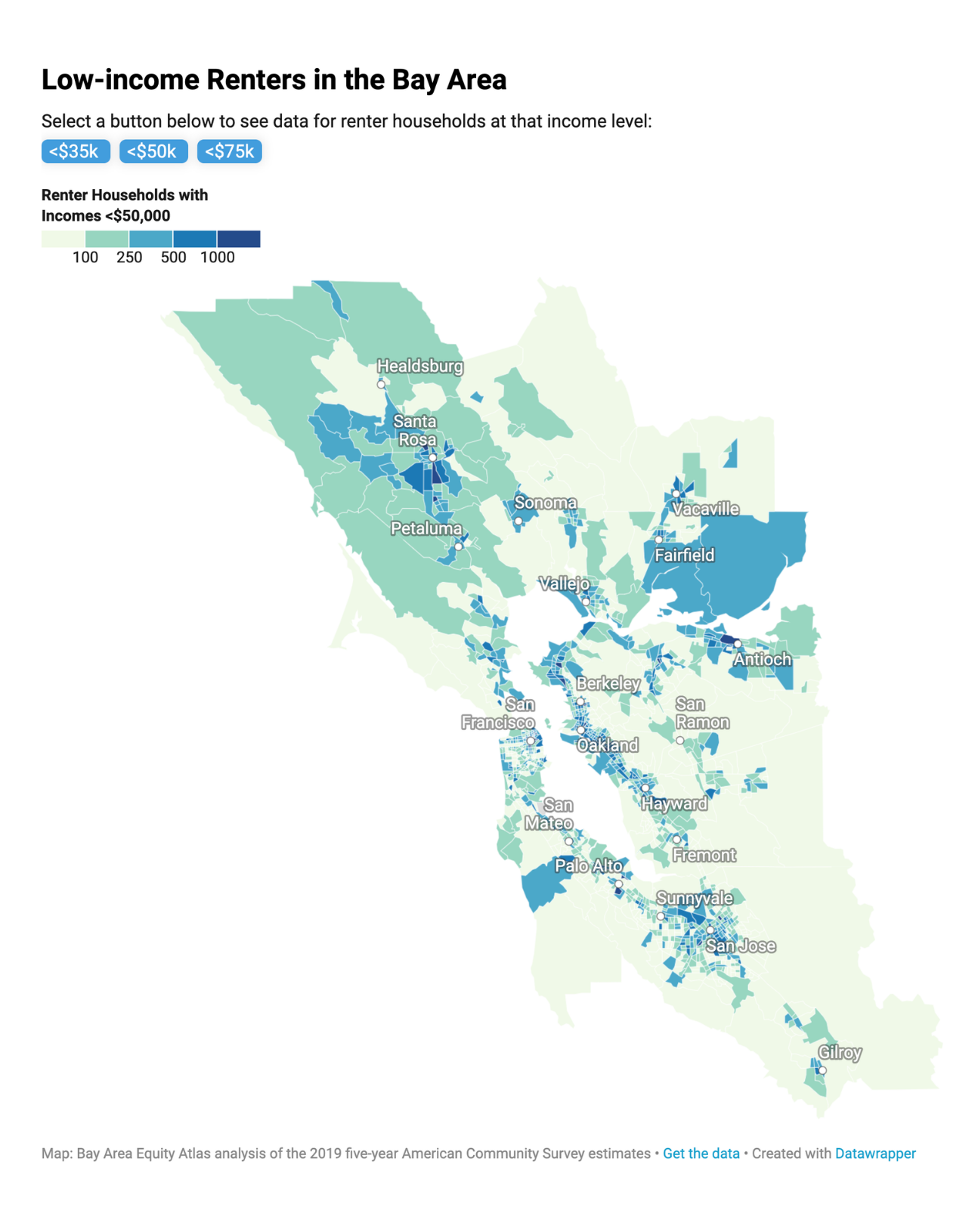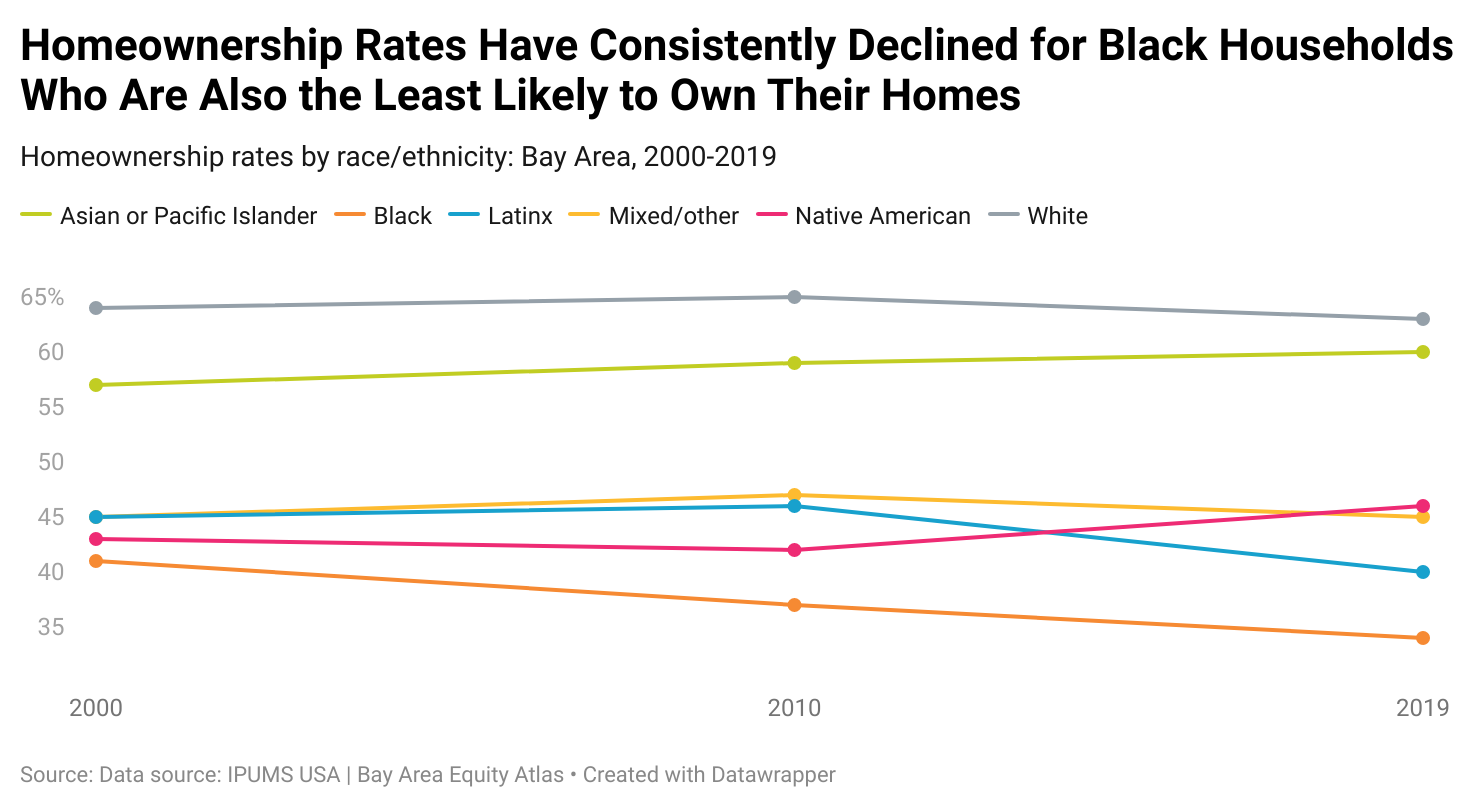Just Released: A Blueprint for Workforce Equity in Metro Detroit
Dear Atlas users,
While top-line measures indicate that the US economy has largely bounced back from the Covid-19 pandemic, millions of workers and families across the nation are still reeling. In Detroit, Michigan, local leaders are working across sectors to co-create solutions that advance equity for workers and ensure that families can thrive. The National Equity Atlas remains committed to providing actionable insights and support to those working to ensure racial equity is at the forefront of recovery efforts. Here are more updates:
New Research Reveals that Black Workers Have Borne the Brunt of Metro Detroit’s Inequitable Labor Market and Uneven Economic Growth
In the years following the Great Recession, Metro Detroit showed promise of a strong economic rebound. But our report, produced in partnership with the Detroit Area Workforce Funders Collaborative, illustrates how long-standing racial gaps in income and employment have impacted the region’s workforce and economy: The region has a shortfall of good jobs that do not require a college degree and only 29 percent of the region’s workers hold good jobs. And despite the growing diversity of the region's workforce, workers of color remain crowded in lower paying and lower opportunity occupational groups, while white workers are overrepresented in many higher paying professions. Our research indicates that eliminating racial inequities in employment and wages could boost Detroit’s regional economy by about $28 billion a year. Download the full report — and explore the other regional analyses in our Advancing Workforce Equity project.
Prop 22 Undermines the Pay, Benefits, and Autonomy of California Rideshare Drivers
In their campaign for Prop 22, rideshare companies promised drivers good pay, benefits, and flexibility. But our analysis of real driver data — developed in partnership with Rideshare Drivers United (RDU) — reveals that the law has given these companies a free pass to deny their drivers critical rights and protections. As a result, the average net earnings of rideshare drivers in California are just $6.20 per hour under Prop 22. If rideshare companies were forced to respect drivers’ labor rights, they would earn an average of three times more per hour. Explore more findings in the report.
Atlas in the News
Over the last month, our study with RDU received significant media coverage, which was featured in MarketWatch, WIRED, Tech Times, Mission Local. For more, explore the archive of our news coverage.
- The National Equity Atlas Team at PolicyLink and the USC Equity Research Institute (ERI)




